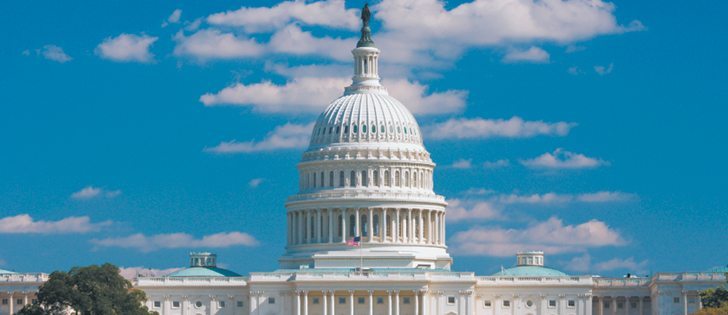For all of last year’s talk in American government circles about completing a farm bill before this year’s spring planting, the message from Congress to farmers now appears to be, “take two aspirins and we’ll call you in June.”
The first part of the message, take two aspirins, is good advice for anyone attempting to sort out the U.S. federal budget process and what it likely means for that country’s farm bill.
Here’s how one of Capitol Hill’s keenest agricultural eyes, Ferd Hoefner, policy director of the National Sustainable Agriculture Coalition, described the upcoming congressional budget round-robin in a January blog post after House Republican leaders announced their plan to raise the federal debt ceiling through mid-May.
Read Also

Farmer ownership cannot be seen as a guarantee for success
It’s a powerful movement when people band together to form co-ops and credit unions, but member ownership is no guarantee of success.
“If the new plan succeeds (it has; the White House and Senate Democrats agreed to it after Hoefner posted this analysis), there would be a February debate and decision over sequestration, (the across-the-board cuts agreed to in the August 2011 budget deal), a March debate and decision over the second half of fiscal year 2013 funding, an April and May debate and decision over a fiscal year 2014 budget resolution (and) another need to raise the debt ceiling (shortly thereafter).”
If you’re keeping score, that’s one sequestration, two fiscal years’ budgets, three debates, three budget agreements and one “need” to raise the debt limit again by Memorial Day.
Gee, what could go wrong with that plan?
Yet this is the legislative tango at the top of the congressional dance card, said Hoefner, who has watched farm bills for 35 years.
These intricate steps promise a “continuing process of governing by manufactured crisis after manufactured crisis,” he wrote, which will put off any “markup of a new farm bill (to) “late May or June at the earliest.”
However this tactic of three more months of gun barrel talks rests almost entirely on the idea that a majority of American voters want every federal agency, program and farm subsidy cut without fail or favour.
Do they?
They had better be because if House Republican leaders are to be taken at their word, that’s the way they see this three-step, three-month battle ending.
Moreover, to make certain they have voters’ attention, House Republican leaders also announced they would approve a 10-year balanced budget bill.
If that, too, is to be taken seriously, that means other tough nuts, such as social security reform, Medicare cuts, the Pentagon budget and more farm program spending, will be on the butcher block even as Congress fights it out in current budget and debt limit talks.
One thing that won’t be cut in these knife fights is crop insurance. It somehow (no one remembers how, exactly) received White House protection in the August 2011 budget deal.
Direct payment schemes and conservation programs, however, would likely be sliced $4 billion and $2.4 billion, respectively, in a new 10-year farm bill.
House leaders had to gulp, though, when Senate Democrats and the White House quickly agreed to the debt extension deal.
They agreed because they knew that not even the tiniest element of the Republicans’ big plans would survive a full House vote without Democratic votes.
As such, they, not Republican bosses, hold the key to any final deal.
What that means is that rather than work out any debt-budget-entitlement reform package this month, and possibly a farm bill as well, Congress will waste another three months dancing around “manufactured crisis after manufactured crisis.”
And that carries the very real possibility of no 2013 farm bill in July, but another 2008 farm bill extension in September.
Alan Guebert is an Illinois-based agricultural columnist.















